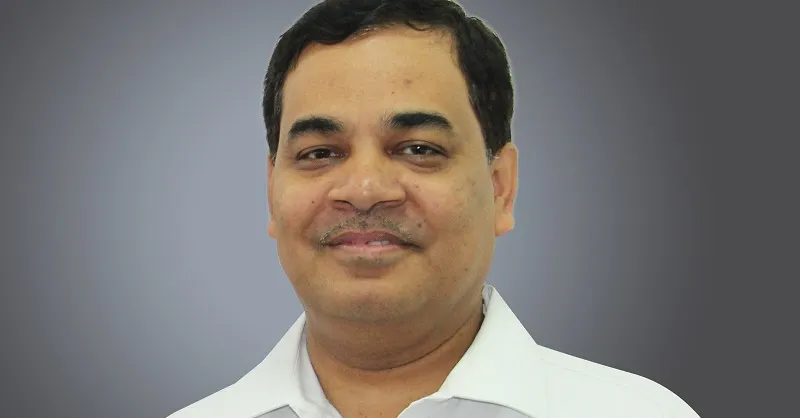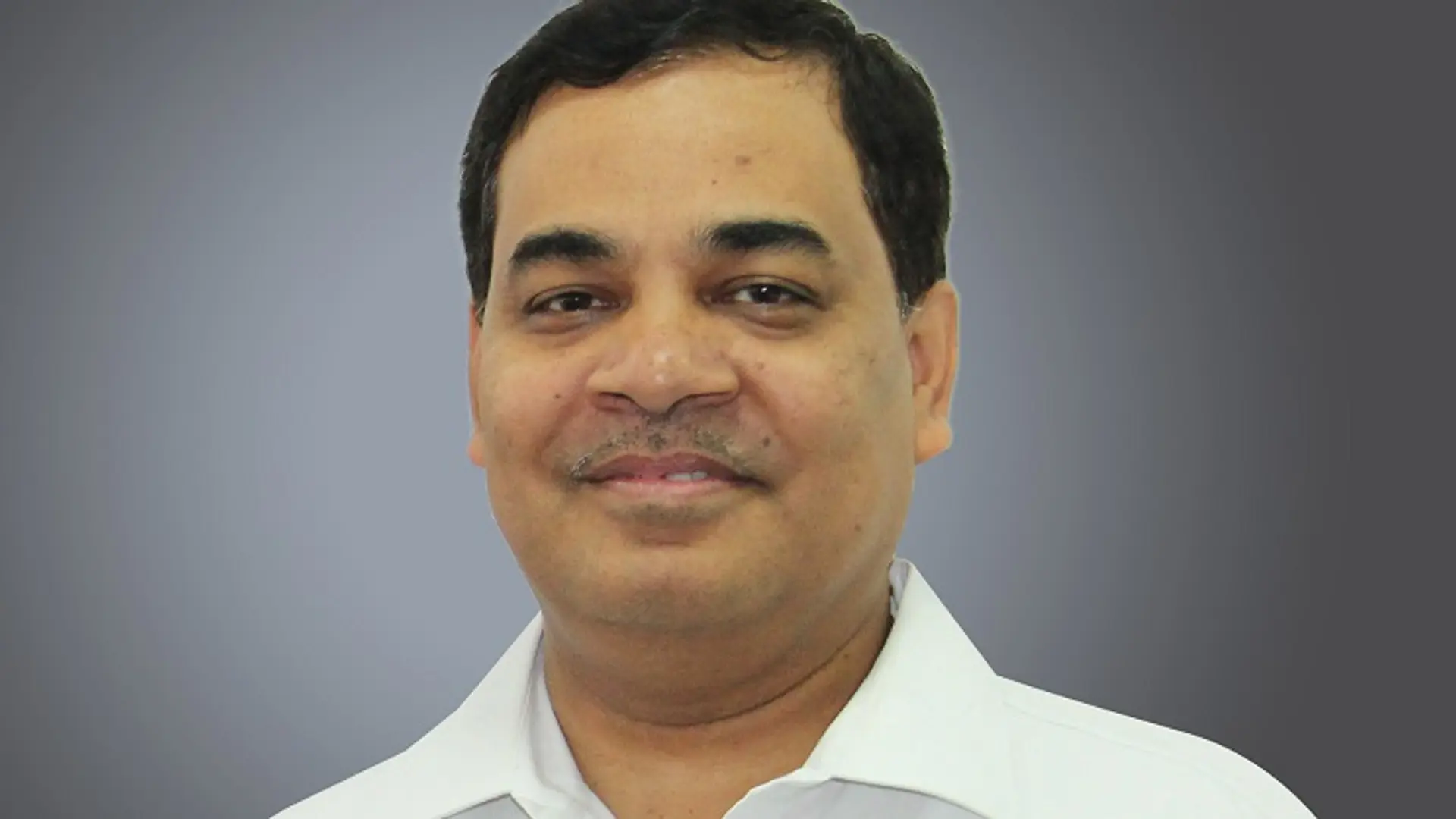Former techies change core banking to prepare for AI era
Indian banks are expected to spend close to $9.1 billion in digital transformation and i-exceed has worked with 20 local banks and 35 global financial institutions to prepare for change.
With a collective experience of more than 75 years, Joseph John, Sundararajan S, and Kapil Gupta spent two decades in building a large IT product company, i-flex Solutions, in the banking industry before they started up in 2011. Why did they do it?
As long-time employees, they made good money when Oracle announced that they would acquire the company in 2010. The acquisition was completed in 2010 after announcing it in 2005. These tech veterans who had by now seen the evolution of the banking industry from mainframes to mini-computers to virtualisation to cloud computing decided that the future of banking was going mobile.
“We began investing in mobile-based technologies because it was the logical bet with the proliferation of devices. Consumer applications would soon redefine banking,” says S Sundararajan, Co-founder and Executive Director of the company.
Today the banking world realises that its customers are mobile, and demand customisation. They no longer want to be present in bank branches, but want the bank to come to them with services such as digital payments, loans products, and other retail services.
Transformational banking is something that top banks are experimenting with. With modern IT like apps, voice assistants, and self-governing software, IT companies need to ensure that core banking solutions such as deposit processing system, the loan accounting system, the general ledger system, the customer information and the reporting tools system integrate in to a single view without any glitches. “This is what we do with our platform,” informs Sundarajan. He adds that the cloud is central to transformation and with AI, it is changing the way businesses operate on a real-time basis.

The business
To explain why banking needs to change; here is example. When people use NEFT and RTGS they find it confusing to remember multiple passwords.
Imagine transferring from one bank account to another without having to use passwords. This would be a great product for SMBs and corporate entities who have to keep sending money on a daily basis to multiple parties.
This would make great sense for banks because they have not been promoting BHIM and UPI for businesses. Instead they could make interfaces for businesses that are as easy to use as BHIM or UPI. Chatbots and Voice Assistants are already being used by new global digital first banks such as Monzo, Atom, and Fidor.
i-exceed wants to make Indian banks relevant for the future. “It is a question of survival for banks to stay relevant and they will spend money on digital transformation,” says Sundararajan.
The company which has over 55 customers has invested close to $2.5 million, which it received from the founder and angel networks.
For the first three years, when the product was being built, the founders lived off consulting banks on their transformational journey. The company is looking at banking for consumers, businesses, and employees.
“We want to offer digital transformation for an entire suite of services in the business life cycle,” says Sundararajan.
Esoko an information and communication service for agricultural markets in Africa, which provides advice to farmers (market prices, weather forecasts, and growing tips) to help them increase yields and profits as well as solutions to businesses (marketing products, monitoring activities, and sourcing goods) to work with farmers, had a complex problem.
Since it directly managed offices in Ghana and Kenya through a reseller network which also had representatives in seven other countries offering local strategy and training to clients wanted their software to be agile. They wanted a new system to improve infrastructure capabilities, extend its functionalities, and improve efficiency.
Existing IT modules had to be re-built and three more new modules had to be added, an Android app was also needed to mobilise application. i-exceed achieved this by automating operations. With this, the management had the ability to set targets and track the performance of agent accounting system to view day-to-day asset balance of the organisation by generating analytics and reporting on demand.
The business model for the company works on annual subscription models where applications are delivered over the cloud.
The company will compete with large IT Services companies like Infosys, Wipro, CSSCorp and Mphasis as everyone wants a share of the digital banking pie.
“Banks are reinventing themselves and starting to experiment with IT that impacts the customer side of the business before taking bets to link their core-banking systems to modern IT,” says Nitin Rakesh, CEO of Mphasis.
So, i-exceed has generated large revenues. Since they are privately held they do not want to disclose the revenues.







